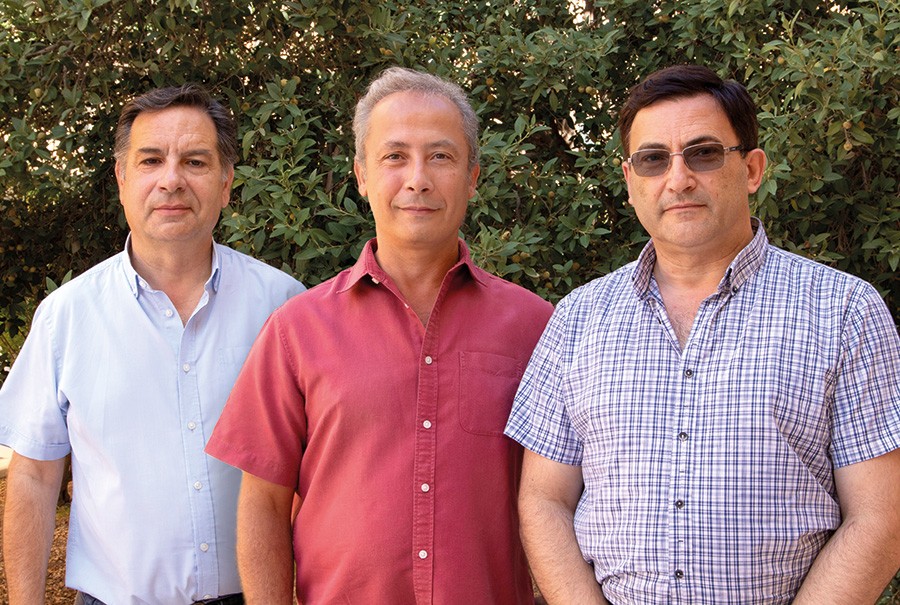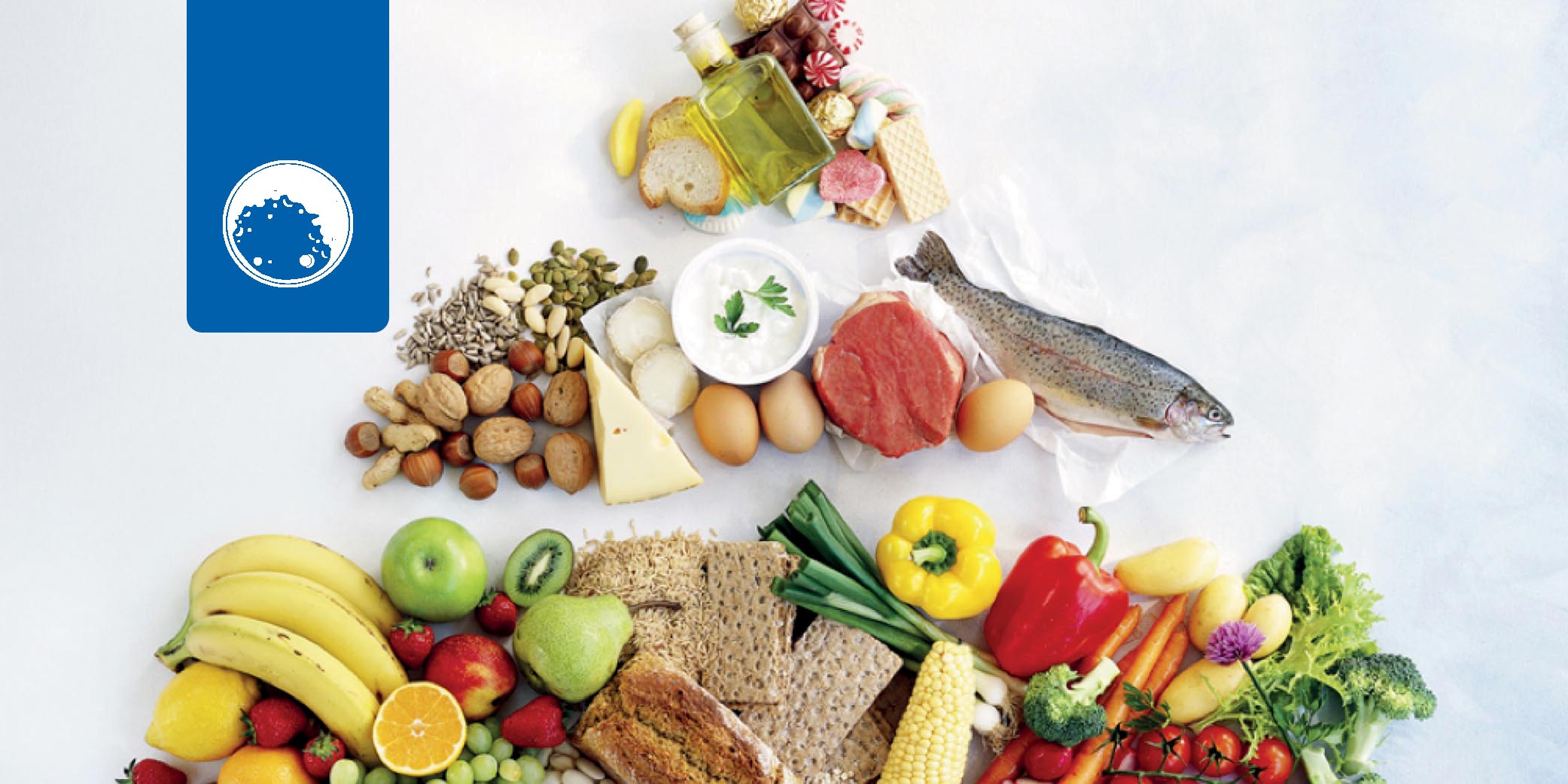With growing evidence showing that our eating habits affect not only our waistline, but our physical and mental health, should we all be turning to the Mediterranean diet to live longer, healthier lives? Prof. Giuseppe Di Giovanni, Prof. Christian Scerri, and Dr Paulino Schembri write.
The saying ‘You are what you eat’ is often bandied about, but just how much does the food we eat affect us? Tons of research has shown that overeating and an unbalanced diet increase the risk of diabetes and cardiovascular diseases. Half of all cancers are preventable by adopting a healthy lifestyle, following a balanced diet, and reducing environmental pollution. People who consume too much sugar and fat are also more likely to suffer from mental health issues.
Excess sugar harms the brain by promoting inflammation and oxidative stress: stress which causes breaks and base damage in our DNA. Our ongoing research at the Department of Physiology and Biochemistry at the University of Malta, together with the Department of International Studies, correlates high sugar consumption with impaired brain function and a deterioration in symptoms of mood disorders such as depression. We also agree that diet plays a role in the development of dementia.
So, what is a ‘healthy’ diet? We would say the answer is simple: lots of fresh, unprocessed, nutrient-dense foods. And the good news? The Mediterranean diet is a favourite among scientists in the field.
Much like its people, the Mediterranean diet is a fusion of cultures. Every region adds its own twist; however, they’re all bound by common features. Key ingredients include extra virgin olive oil as the principal source of fat, a ton of vegetables (including leafy greens), and fresh fruits to substitute sugary desserts and highly processed snacks. Cereals and fibre are also on the menu, with wholegrain staples being the preferred option. More good stuff includes nuts, seeds, and legumes. Consumed more moderately are fish, seafood, poultry, dairy, red wine, and eggs, with red meat, processed meats, and sweets being at the bottom of the pile.

Our kitchens are full of colour, enticing flavour, and the delicious aroma of a plethora of herbs. The typical Mediterranean diet (which doesn’t include some traditional Maltese dishes, such as pastizzi, imqaret, and timpana) is what will maintain strong, healthy minds and bodies.
So, with this knowledge, why do people continue with unhealthy eating habits? It seems we are hardwired to crave sugar and fat. Our brain still works the same way as that of our ancestors; it interprets sweet food as a signal for energy and bitter food (like vegetables) as a warning sign of potentially poisonous plants. However, these innate habits can be rewired to suit our modern lives.
One day we may crave broccoli more than that huge packet of crisps with a side of chocolate ice-cream.
We already see that the childhood preference for high salt and sugar decreases with age. Repeated exposure to less salty or lower fat food can retrain adults to beat their cravings too. While sweet and bitter preferences are harder to shift, neuroscience may finally provide the switch everyone is avidly awaiting. One day we may crave broccoli more than that huge packet of crisps with a side of chocolate ice-cream. Imagine that!
But could the Mediterranean diet be a Trojan Horse? While fruit and vegetables contain large quantities of antioxidants, which can prevent oxidative stress (one of the main cancer-causing culprits), it is also true that produce is increasingly exposed to pollutants from various sources: water, air, and fertiliser and pesticide use. The International Agency for Research on Cancer, part of the World Health Organisation, has classified outdoor air pollution as a cancer-causing agent. All of these pollutants affect the food chain, both through direct application of pollutants on food, as well as indirectly through irrigation and sea water.
Water is routinely contaminated by traffic, industrial discharges, and fireworks. Nitrogen, though essential for plant growth, can be very dangerous, seeping into groundwater and having a direct effect on fruit and vegetables as well as the humans that eat them. Clearly we must ensure that the food in our markets is clean and free from harmful substances. To do this, farmers, consumers, and politicians need to be better educated.





Comments are closed for this article!